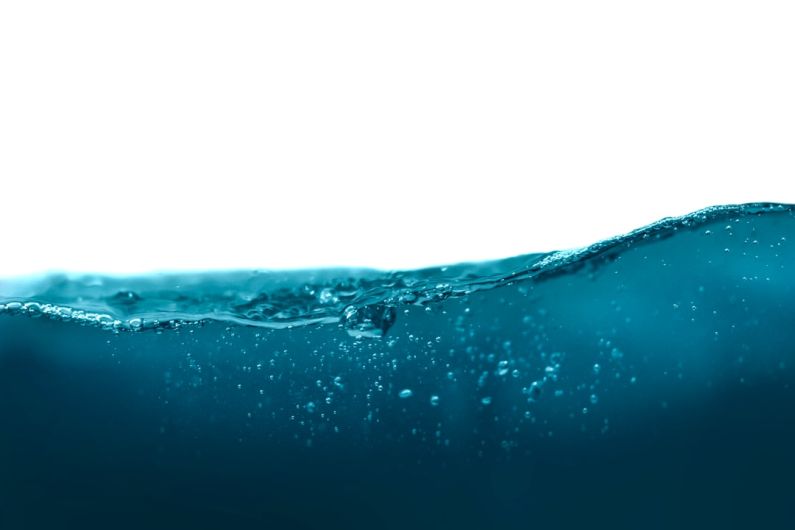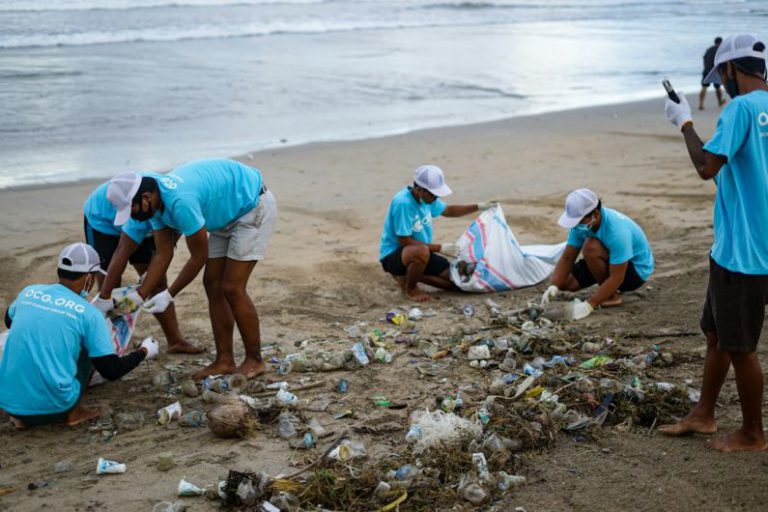The Importance of Water Conservation Projects
Water is one of the most precious resources on our planet. It sustains life, supports ecosystems, and is essential for our daily activities. However, water scarcity has become a growing concern worldwide, making water conservation projects more important than ever. These projects aim to protect and preserve water sources, reduce water waste, and promote sustainable water management practices. In this article, we will explore the significance of water conservation projects and their impact on our environment, economy, and future.
Preserving Ecosystems and Biodiversity
Water conservation projects play a crucial role in preserving ecosystems and maintaining biodiversity. Aquatic habitats, such as rivers, lakes, and wetlands, are home to numerous plant and animal species. By conserving water, we ensure that these habitats have enough water to sustain life. This, in turn, helps in protecting endangered species and maintaining the delicate balance of nature.
Sustainable Agriculture and Food Security
Agriculture is one of the largest consumers of water worldwide. Water conservation projects can support sustainable agriculture practices, ensuring that water is used efficiently in irrigation systems. By implementing water-saving techniques like drip irrigation and improving water management in farms, we can reduce water wastage and improve crop yields. This not only promotes food security but also helps farmers in regions affected by water scarcity.
Mitigating the Impact of Climate Change
Climate change has led to more frequent and intense droughts in many parts of the world. Water conservation projects are essential in mitigating the impact of climate change on water resources. By conserving water, we can build resilience against droughts and ensure a sustainable water supply for future generations. Additionally, water conservation projects can also contribute to reducing greenhouse gas emissions by minimizing energy use in water treatment and distribution.
Protecting Human Health
Access to clean and safe drinking water is essential for human health. Water conservation projects help in protecting our water sources from pollution and contamination. By reducing water wastage and promoting responsible water use, we can ensure that our water supplies remain clean and healthy. This, in turn, reduces the risk of waterborne diseases and improves the overall well-being of communities.
Economic Benefits
Water conservation projects can have significant economic benefits. By reducing water wastage, businesses can save on their water bills and operational costs. Industries that rely heavily on water, such as manufacturing and energy production, can become more sustainable and efficient through water conservation practices. Moreover, investing in water conservation projects creates job opportunities in areas such as water management, infrastructure development, and research.
Educating and Raising Awareness
Water conservation projects also play a vital role in educating the public and raising awareness about the importance of water conservation. By implementing educational programs and community initiatives, these projects can empower individuals to make conscious decisions about their water usage. When people understand the value of water and the impact of their actions, they are more likely to adopt sustainable water practices in their daily lives.
In conclusion, water conservation projects are of utmost importance for our planet’s future. By preserving ecosystems, supporting sustainable agriculture, mitigating climate change, protecting human health, and bringing economic benefits, these projects contribute significantly to the well-being of both the environment and society. It is crucial that we all take responsibility for conserving water and supporting these projects to ensure a sustainable and water-secure future for generations to come.






